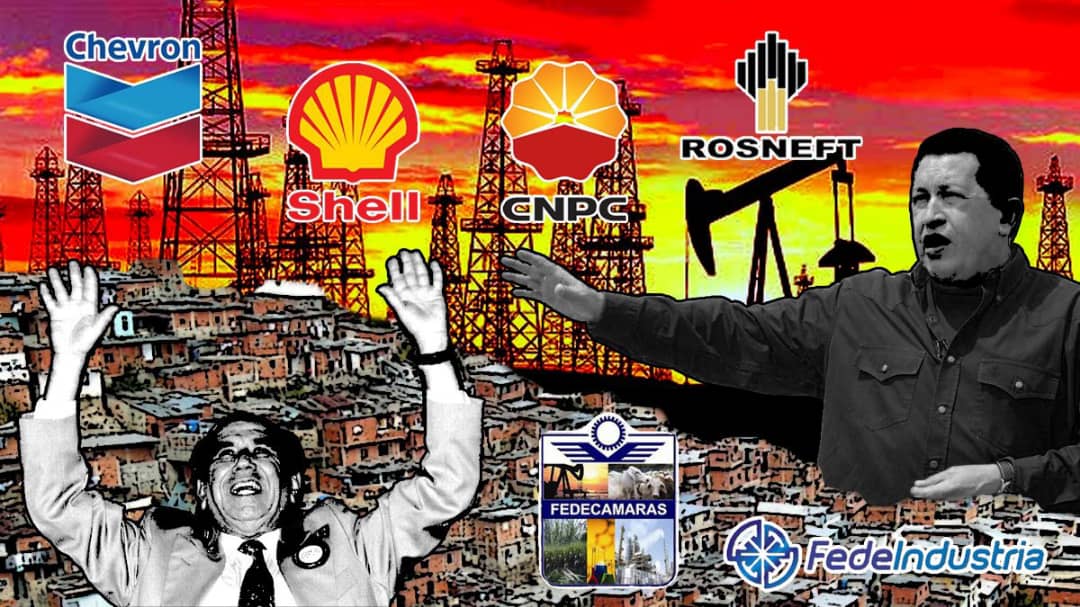
In the last months of 2019 we were publishing a series of articles, under the heading “The never ending story (or who can get us out of backwardness and dependence?)“, to account for the continuity in national history of a series of issues that determine the persistence of structural problems such as economic dependence, the atrophy of the productive forces, poverty. Issues that have remained almost invariably despite the different regimes that have followed one another in the 20th century and so far in the 21st, despite the fact that each regime that succeeded the previous one promised “national development” (or the “sowing of oil”).
These are questions that point to the dependent nature of Venezuelan capitalism, to the country’s subordinate insertion in the circuits of world capitalism in its imperialist stage. We went from the pre-oil economy of the early 20th century to Chavismo, passing through the moments of “glory” of national capital accumulation and “industrialization” in the middle of the last century. Exposing in each case the configuration of economic relations between Venezuela and foreign powers, the class interests within the country, and the mechanisms by which the promises of development have ended up being nothing more than part of a history of “national frustration.”
We show how with Chavismo, despite having been the political regime most located “on the left” and having proclaimed a supposed “revolution”, there was no historical break with the reality of Venezuelan dependent capitalism and, on the contrary, in some cases its inherited structural evils deepened. We close by proposing how, based on that own national history, the Marxist perspective of the “permanent revolution” is what can offer a historical overcoming of dependence and backwardness.
The three articles that made up this series are the ones we now present in this dossier.
National surplus, imperialist plundering and “rentism” in the oil stage
Starting from understanding that the country is going through a true economic and social catastrophe, configuring the most severe crisis since the convulsions of the 19th century, this article goes to the beginning of the 20th century to review what the economy was like and the configuration of interests on which the new oil stage will operate. Having as a common thread the examination of how the national surplus was generated and where it ended up, the decades of rise of rentier capitalism in the country are succinctly examined.
The rise of “industrialization” and the recurring irresolvable contradictions of dependent capitalism
Taking into account the “late industrialization and early deindustrialization” that characterized Venezuelan capitalism, marked by the dependent, rentier and parasitic character of its national bourgeoisie, the different elements that constitute its insurmountable limits are exposed here. Until finding the neoliberal turn after the decline of “industrialization” and the external debt crisis.
Chavismo, relapse into “the past” and the necessary perspective of permanent revolution
Chavismo inherited the “structural crisis” of dependent rentier capitalism, however, despite the high-sounding speech and self-proclamation as “socialist”, it was not the revolutionary break with that reality but the reformist response that, in addition, ended up repeating on a worse scale the evils that this sick capitalism brought. Thus representing a new promise of frustrated “national development.” This is what this article shows in detail, to propose the strategic lessons that, from the side of the left and the working class, should be drawn from this failure.
Source: www.laizquierdadiario.com

